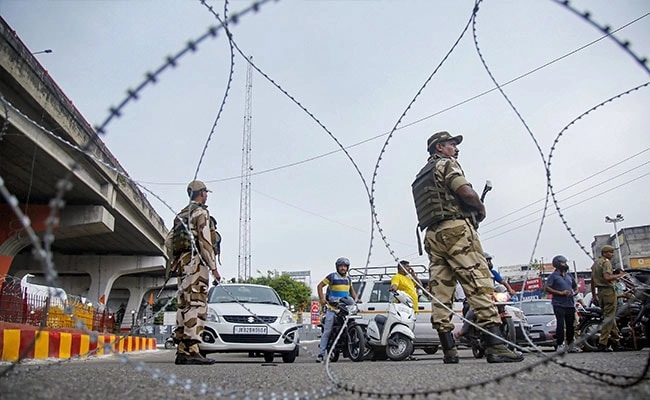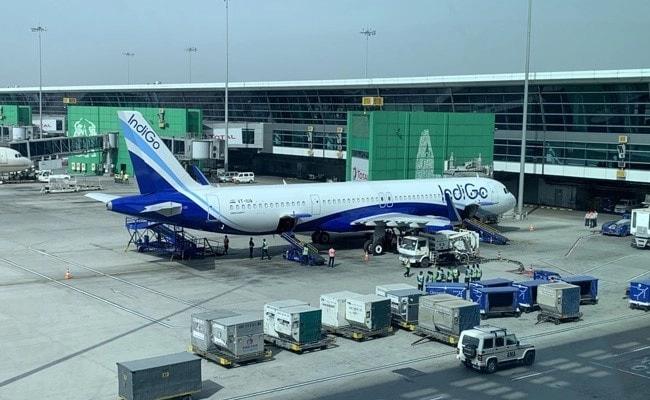The complexities of reporting from conflict zones such as Jammu and Kashmir (J&K) reveal profound insights into the interplay of politics, security, and human experiences. My time spent covering the region has opened my eyes to the layers of narratives that shape the perceptions and realities of the people living there. In J&K, one encounters the palpable tension stemming from historical grievances, ongoing political strife, and the ever-present military presence. Each day brings stories of resilience and despair, weaving a rich tapestry that informs the ongoing discourse about the region’s future.
The challenges faced by journalists in such areas are manifold, often requiring a delicate balance between the need to report the truth and the safety of both the reporters and the local populace. The metaphor of a “blindfolding” resonates here, as journalists often find themselves navigating a landscape where information is controlled and manipulated, and where the voices of the people can be overshadowed by dominant narratives. This dynamic has been evident in my interactions with locals, who share their lives and struggles but often do so with an awareness of the risk involved in speaking out. Their stories reveal a desperate yearning for peace and understanding, juxtaposed against the backdrop of heavy military presence and political maneuvering.
In a broader context, reflecting on the life and actions of individuals like David Headley reminds us of the complex web of factors influencing extremism and conflict in the region. Reporting on such topics requires not only a deep understanding of the socio-political landscape but also a commitment to amplifying the voices of those who are often marginalized in the narratives put forth by larger powers. It is crucial to approach these stories with sensitivity, recognizing the broader implications of our reporting. Ultimately, the lessons learned from my experiences in J&K underscore the importance of nuanced reporting that seeks to illuminate rather than obscure the realities faced by those living in conflict zones. By fostering an understanding of the intricate dynamics at play, we can contribute to a more informed dialogue about issues that transcend borders and impact global peace and security.




